The Legacy of Social Justice Activism
Presented by the Monroe Community College Institute for The Humanities
October 12-13, 2018
“A retrospective on the movements, moments, and conditions that defined our city and the nation” – featuring presentations, dialogue, film, and photography on Rochester-based social justice activism that spanned the decade.
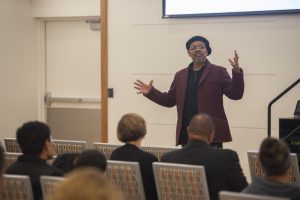
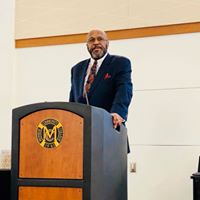

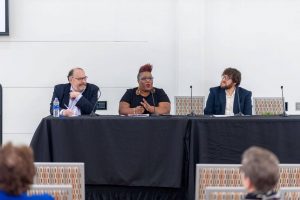
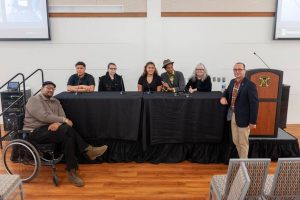
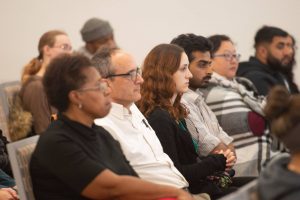
October 12, 2018
6:00 P.M. – 8:30 P.M. Screening of “July ’64” and post-show dialogue with the documentary’s director, Carvin Eison.
“July ’64” tells the story of a historic three-day race riot that erupted in two African American neighborhoods in the northern, mid-sized city of Rochester, New York. On the night of July 24, 1964, frustration and resentment brought on by institutional racism, overcrowding, lack of job opportunity and police dog attacks exploded in racial violence that brought Rochester to its knees. —PBS Independent Lens
October 13, 2018
9:30 A.M.–10:00 A.M. Check-in and Photo Exhibition
10:00 A.M.–11:00 A.M. Keynote Address by Dr. Marvin McMickle,
President of Colgate Rochester Crozer Divinity School
11:10 A.M.–12:20 P.M. “Intersections of Politics and Culture in 1968” – Daniel Borus (University of Rochester), Tokeya Graham (Monroe Community College), and Joseph Scanlon (Monroe Community College) explore ways in which literature, sports, and student activism influenced national politics and culture in 1968
12:30 P.M. – 1:30 P.M. “Explorations in Transformation: Dialogue with Rochester City Youth” Rochester teens Jessenia Hernandez, Alexandra McClung, and Javon Vasquez consider the impact of social justice activism on life in the city today —Moderated by artists Shawn Dunwoody and Carmelo Ortiz
The MCC Institute for the Humanities would like to thank In Control, “Roc City’s Most Official Teen Program,” for their help with this event.
Made possible by grants from Humanities New York and the MCC Foundation.
Any views, findings, conclusions, or recommendations expressed in this program do not necessarily represent those of the National Endowment for the Humanities.
